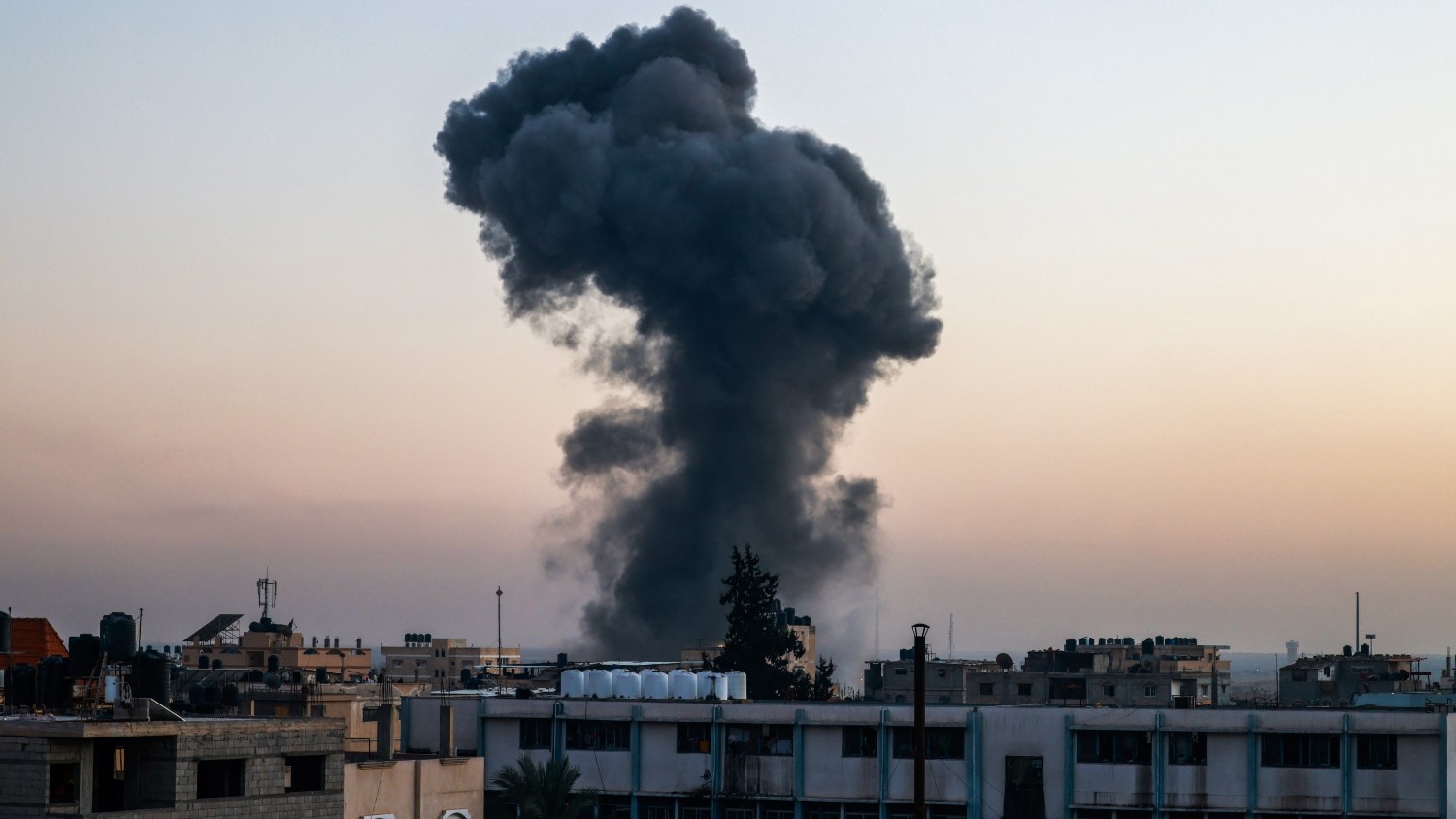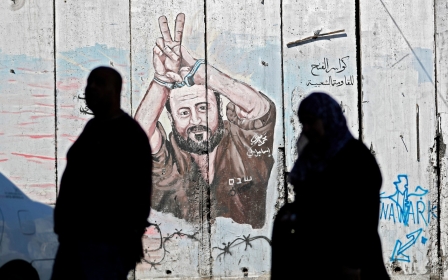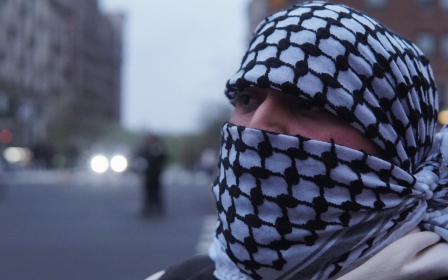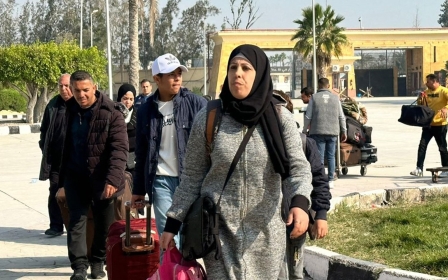Israel carpet bombs Rafah after Hamas accepts ceasefire proposal

Israel intensified its carpet-bombing campaign on Rafah on Monday night and accompanied the strikes with ground advances shortly after Hamas agreed to a US-mediated ceasefire proposal.
The small town, home to some 1.5 million displaced Palestinians, was struck with air strikes and artillery shelling, according to Palestinian news outlets. Several people were reported killed and wounded.
A Palestinian journalist reported flares in the night sky and local residents reported dozens of reconnaissance drones flying overhead.
The Wafa news agency and Egyptian media said Israeli military vehicles advanced towards the the Palestinian side of the Rafah crossing with Egypt, as well as the Karam Abu Salem crossing with Israel.
Middle East Eye could not be independently verify the reports.
New MEE newsletter: Jerusalem Dispatch
Sign up to get the latest insights and analysis on Israel-Palestine, alongside Turkey Unpacked and other MEE newsletters
The Israeli military announced it was conducting targeted strikes against Hamas in eastern Rafah.
The strikes on Rafah come after Hamas announced it accepted a ceasefire proposal from Qatar and Egypt.
The proposal involves three phases, with the first phase calling for a complete withdrawal of Israeli troops from the Netzarim corridor and the return of displaced Palestinians to their homes. The second phase involves an announcement of a permanent cessation of military operations. In the last phase, there would be a complete end to the blockade of the Gaza Strip.
In exchange, Israel would be expected to release an unspecified number of Palestinian prisoners, withdraw its troops from certain regions of the Gaza Strip, and allow Palestinians to travel from the south of the territory to the north.
While countries in the region, including Qatar, Egypt, and Turkey, welcomed Hamas's acceptance of the proposal, the office of Israeli Prime Minister Benjamin Netanyahu said that Israel was moving ahead with its invasion of Rafah.
The statement said the invasion of Rafah needed to take place "in order to apply military pressure on Hamas, with the goal of making progress on freeing the hostages and the other war aims".
Israel for months has said that it plans to invade Rafah, the southernmost city in the Gaza Strip, where more than one million Palestinians have fled since the beginning of Israel's war on Gaza in October.
Displaced Palestinians have gathered in camps across Rafah
Drag the button to see the new camp sites
Israel has said the invasion would help complete its goal of eliminating Hamas, as Israel claims there are four Hamas battalions in the city.
The Biden administration had publicly been calling on Israel not to launch an assault on the city, raising concerns about Israel's ability to "evacuate" the area's civilian population.
Earlier on Monday, Israel ordered some 250,000 Palestinians to leave Rafah, as it began strking the eastern part of the border city.
Palestinians currently in Rafah told MEE that the people sheltering there were in a state of panic, and were concerned that they would not be safe even if they left, given their experiences in Gaza over the past seven months.
The UN's top human rights chief, Volker Turk, on Monday slammed what he called an "inhumane" Israeli order for Palestinians to leave Rafah, forcibly displacing them, and said the plan was “inconceivable”, warning an attack on the city would bring suffering in Gaza to“unbearable” levels.
"Gazans continue to be hit with bombs, disease, and even famine… Today, they have been told that they must relocate yet again as Israeli military operations into Rafah scale up," he said.
Aid groups have repeatedly warned that an attack on Rafah would not only be catastrophic for civilians in the area, but will also have a major impact on their ability to get food to northern Gaza where a "full-blown famine" is now underway, according to the World Food Programme.
The increased bombardment of Rafah also comes as a MEE report on Monday revealed that Egypt's military intelligence held meetings with Sinai tribes in recent weeks to discuss their potential role in the event of an Israeli invasion.
At those meetings, Egyptian intelligence officers said they estimated a Palestinian influx of between 50,000 and 250,000 people towards Sinai if Israel carried out a ground invasion.
Middle East Eye delivers independent and unrivalled coverage and analysis of the Middle East, North Africa and beyond. To learn more about republishing this content and the associated fees, please fill out this form. More about MEE can be found here.





